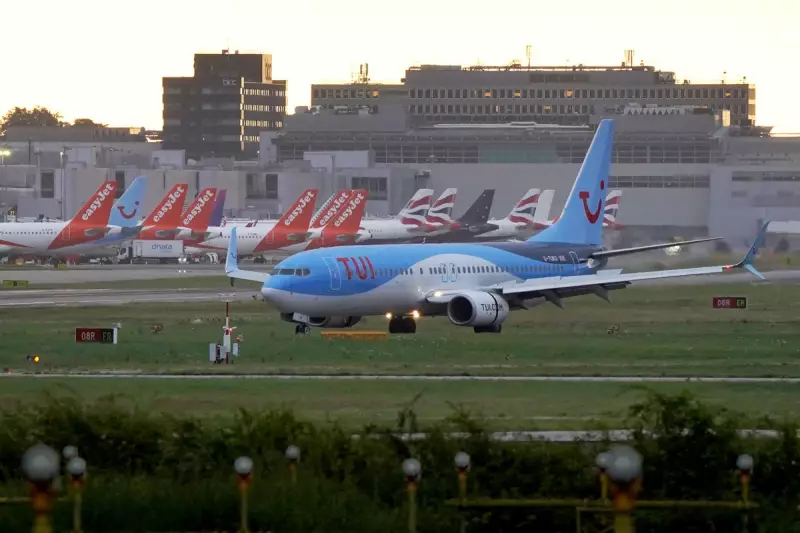
In a landmark decision set to reshape the future of UK aviation, Gatwick Airport has been granted approval to bring its existing northern runway into regular use, effectively transforming it into a two-runway airport.
The planning consent, approved by the government's Planning Inspectorate, marks the most significant expansion in the airport's history. This strategic move will see the current northern runway, used for taxiing, upgraded to handle departures and arrivals alongside the main runway.
Economic Boost and Job Creation
The project is a major win for the regional and national economy. The expansion is projected to generate a substantial economic boost, estimated to be worth billions of pounds. Furthermore, it is expected to create thousands of new jobs, both during the construction phase and once the new runway is fully operational, providing a significant lift to the local community in Crawley and across West Sussex.
Increasing Capacity and Competition
The primary driver behind the approval is the urgent need to increase aviation capacity in the South East of England. By utilising the northern runway, Gatwick will be able to handle a significantly higher number of flights, easing congestion and providing more choice for passengers. This development is also seen as a crucial step in fostering greater competition among London's airports, potentially leading to more options and competitive pricing for travellers.
Airport officials have emphasised that the project will be privately financed, with no cost to the taxpayer. Construction is slated to begin in 2025, with a focus on upgrading and repositioning the existing runway infrastructure to meet international safety and operational standards.
A Focus on Sustainable Growth
Gatwick has pledged that the expansion will be conducted responsibly, with a firm commitment to environmental targets. This includes ambitious plans to achieve net-zero emissions for its own operations by 2030. The development will also include provisions for new rail links and improved public transport access to the airport, aiming to mitigate increased road traffic.
This approval positions Gatwick Airport as a key player in meeting the UK's future aviation demands, offering a strategic alternative to other hubs and signalling a new chapter for air travel in the region.





